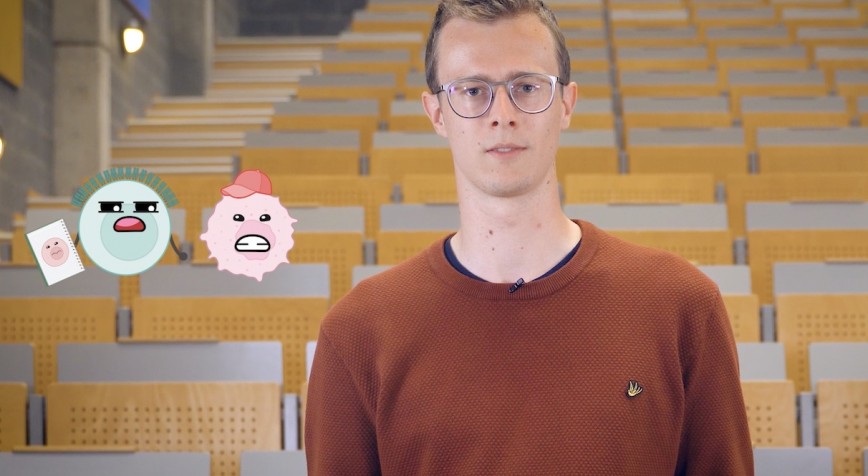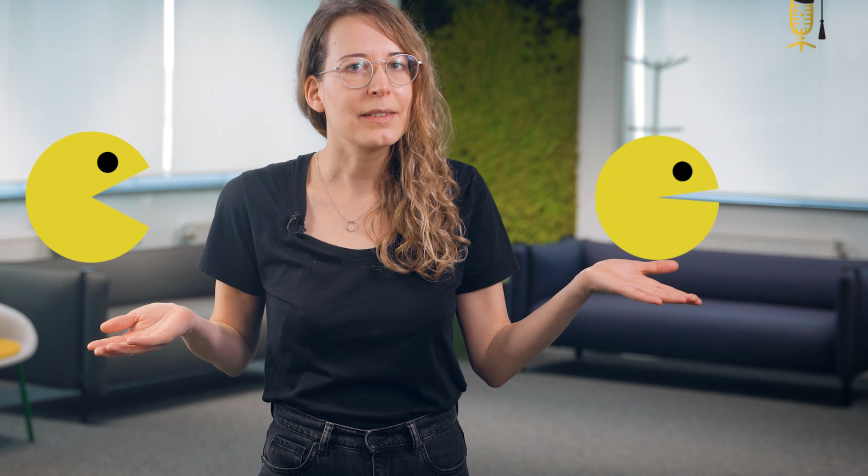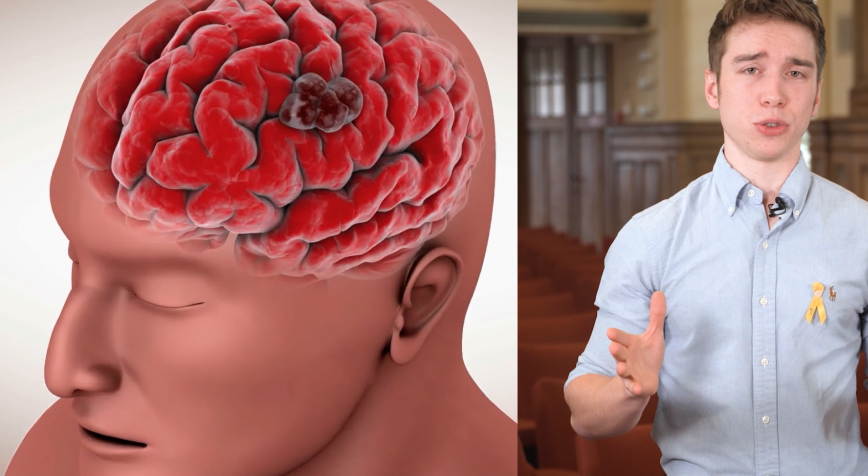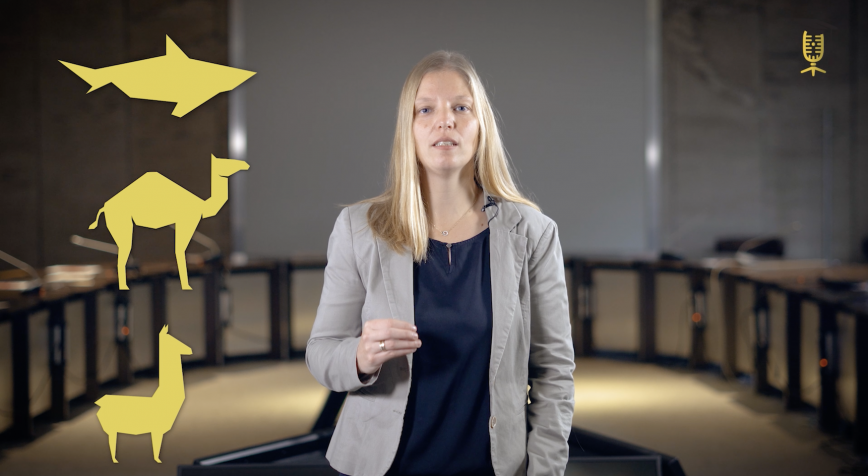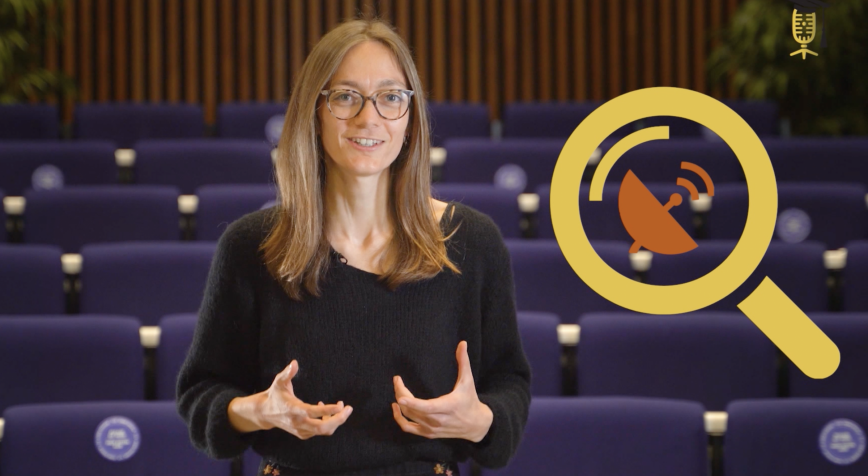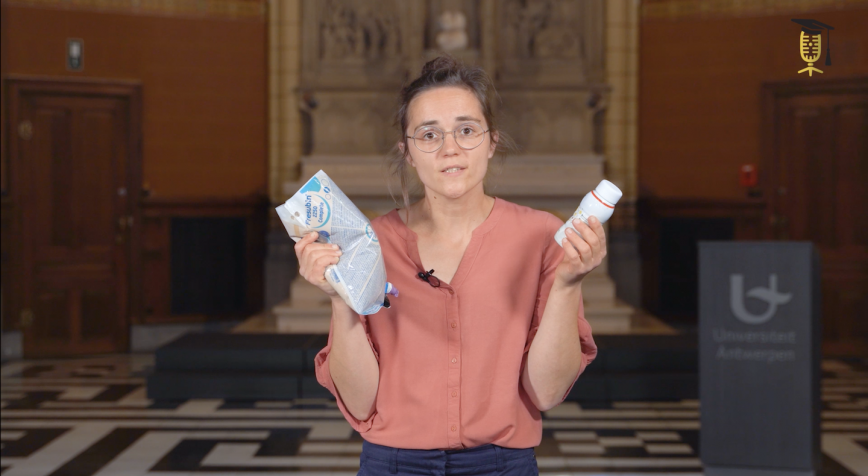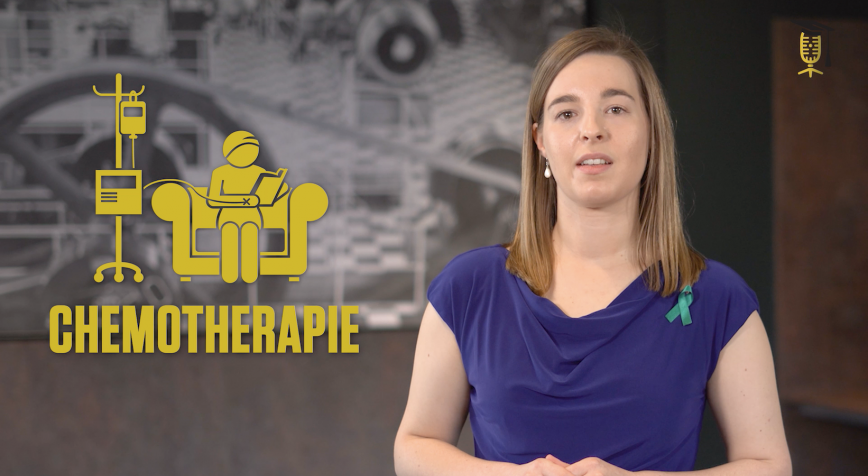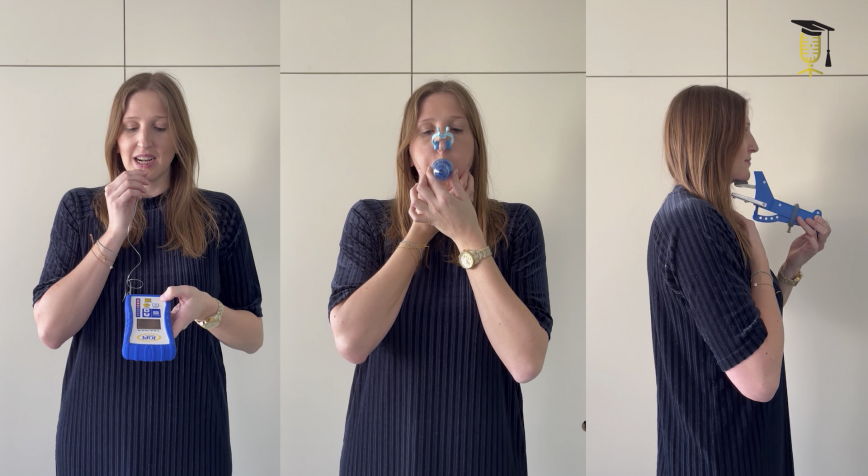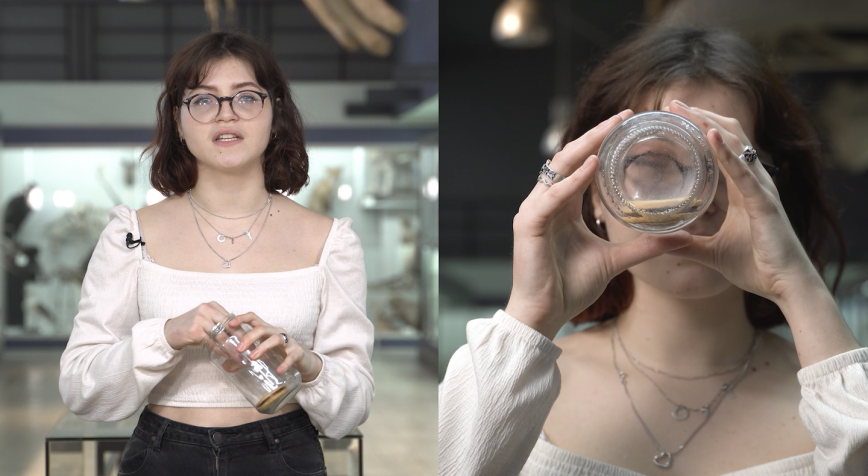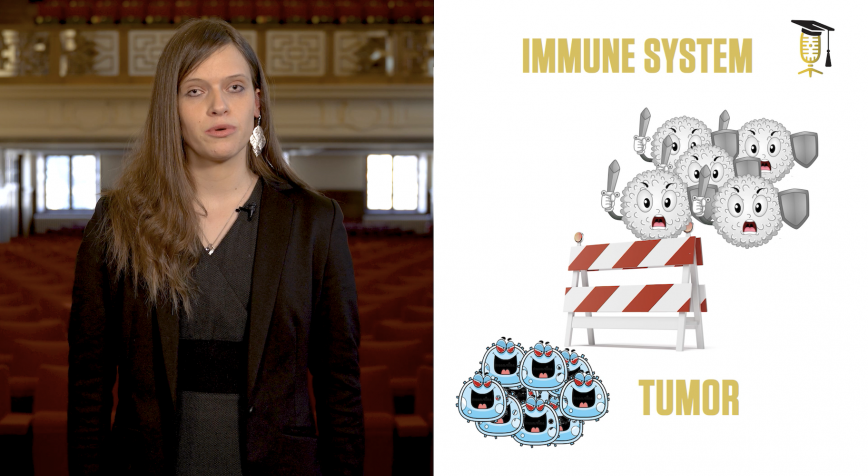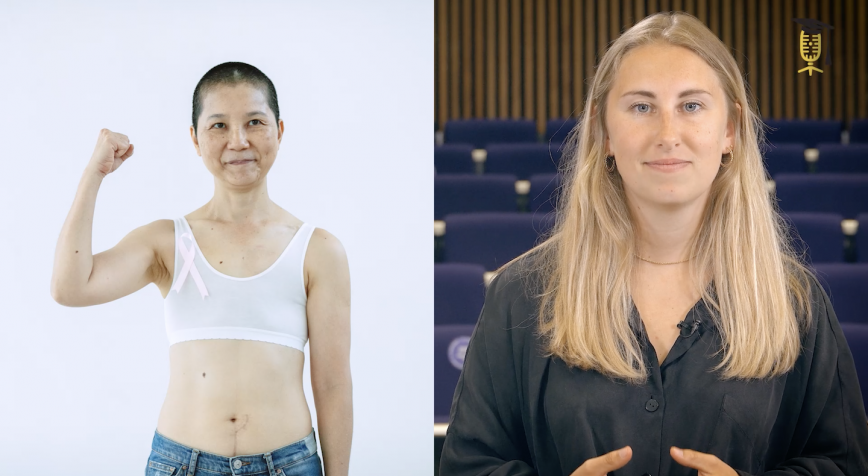
VUB
Fighting pain after breast cancer: it feels so unfair!
The fight against breast cancer does not stop with overcoming cancer. 1 in 3 women continue to experience pain symptoms even during a harmless activity such as cycling. Physiotherapist Eva Roose (VUB) wants to help these breast cancer survivors reset their pain alarms.

